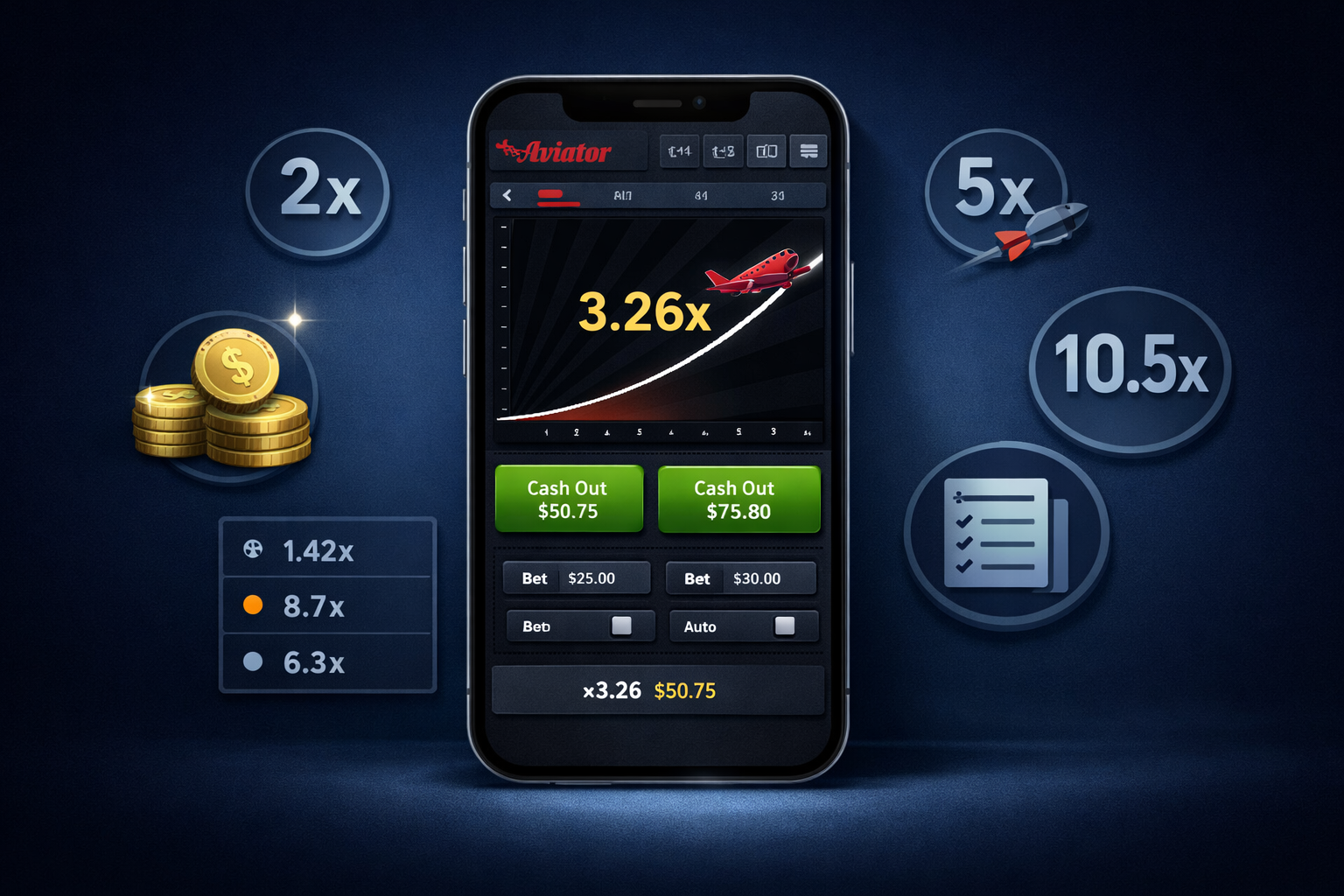Users of gambling sites like 1win bet in Pakistan often make rather controversial and even risky decisions. The audience’s behaviour is influenced not only by emotions, but also by complex neurobiological processes. Today you can find a lot of research on the web about how different neurotransmitters regulate the decision-making mechanism. They give birth to feelings such as motivation, pleasure, impulsivity and impulse control in the user. Let’s take a closer look at this process.
Dopamine Addiction
Winning bets on 1win Pakistan have a profound effect on the parts of the brain responsible for the reward system and the pleasure the user gets from realising their victory. Neurotransmitter such as dopamine is actively involved in this process. It is released when a reward is anticipated or received, creating a sense of fulfilment and satisfaction. But it is important to remember that dopamine is very dangerous. The desire to experience pleasurable sensations and stay in the euphoria of winning encourages the user to continue gambling, even if he did not plan to extend the session. This is how the first symptoms of gambling addiction are formed.
It is noteworthy that the reward system works not only when winning, but also when waiting for it. At the moment when the user after 1win login registration for the first time starts the reel of the slot or makes a bet, the level of dopamine increases rapidly, causing a pleasant excitement. To experience it again, you need to continue the gameplay. And the brain itself over time begins to associate gambling with positive emotions, which is reflected in the general principles of decision-making – they become more impulsive and less rational.
The Effect of Serotonin on Mood
Another important neurotransmitter in gambling is serotonin. This substance affects the user’s mood, sleep, appetite and emotional state. Therefore, its deficiency can lead to depressive states and anxiety disorders. In such a context, the user may turn to betting and gambling as a way to lift their mood and cope with negative emotions.
Serotonin also plays an important role in 1win betting decisions as it helps the user to control their impulses. A lack of Serotonin can lead to a tendency to act rashly due to a distracted and chaotic mind. The inability to make informed and rational decisions can also lead to gambling addiction.
The Excitement of the Process

The range of emotions that a user experiences while betting on 1win game is quite wide. Often he or she may feel excited or stressed, resulting in the release of a neurotransmitter such as norepinephrine, which helps the body and brain to prepare for an emergency situation. In the context of gambling, these may be moments of making risky decisions or waiting for the outcome of a bet to be settled.
Increased levels of norepinephrine increase emotional reactions and make decision-making more impulsive. The neurotransmitter deceives the user’s logic, making him or her think that he or she might miss an opportunity to get a big win. As a result, behaviour becomes irrational and may focus on continuing to play even in the presence of financial losses.
Need for Learning
The human brain needs to process new data on a regular basis. The neurotransmitter glutamate is responsible for this process, which helps us to process information, learn and form new habits. Any positive emotion from winning strengthens the connections between neurons responsible for remembering positive experiences. Due to this effect, the user is constantly combining different strategies and testing approaches to repeat actions that can lead to positive experiences.
This need can also bring the audience back to the process of playing the game and transform the habit into a pathological addiction. Increased neural connections under the influence of glutamate make the user’s behaviour more automatic and less conscious, making it more difficult to control activity.
Cognitive Distortions
Decision-making is also indirectly affected by low levels of acetylcholine, a neurotransmitter responsible for attention, memory and learning. It helps the brain to process information efficiently and make correct decisions. With high levels of acetylcholine, the user pays more attention to details and his approach to gambling becomes more thoughtful and deliberate.
Decreased acetylcholine levels can result from stressful situations that lead to cognitive impairment. The changes can manifest themselves in the format of impaired concentration, increased errors, depressed state, which also affects the risk of financial loss.
Complex Interaction
It is important to note that neurotransmitters do not work independently of each other. The interaction and balance between them determines the overall behaviour of the user and how they make decisions. For example, dopamine and serotonin often interact to regulate both the reward system and impulse control. An imbalance between these neurotransmitters can lead to pathological behaviour and gaming addiction.
A balance is also needed between excitatory and inhibitory neurotransmitters such as glutamate and acetylcholine, which help to shape the correct gaming behaviour in which the user will face low risks of financial loss.
Understanding the role of neurotransmitters in gambling is important for developing strategies to prevent and treat addictive behaviour. By taking into account important neurobiological aspects, experts will be able to create more effective support programmes that will help users to better control their behaviour and make better decisions. It is also important to draw attention to the need for an integrated approach to the study of gambling that includes both psychological and neurobiological factors.







